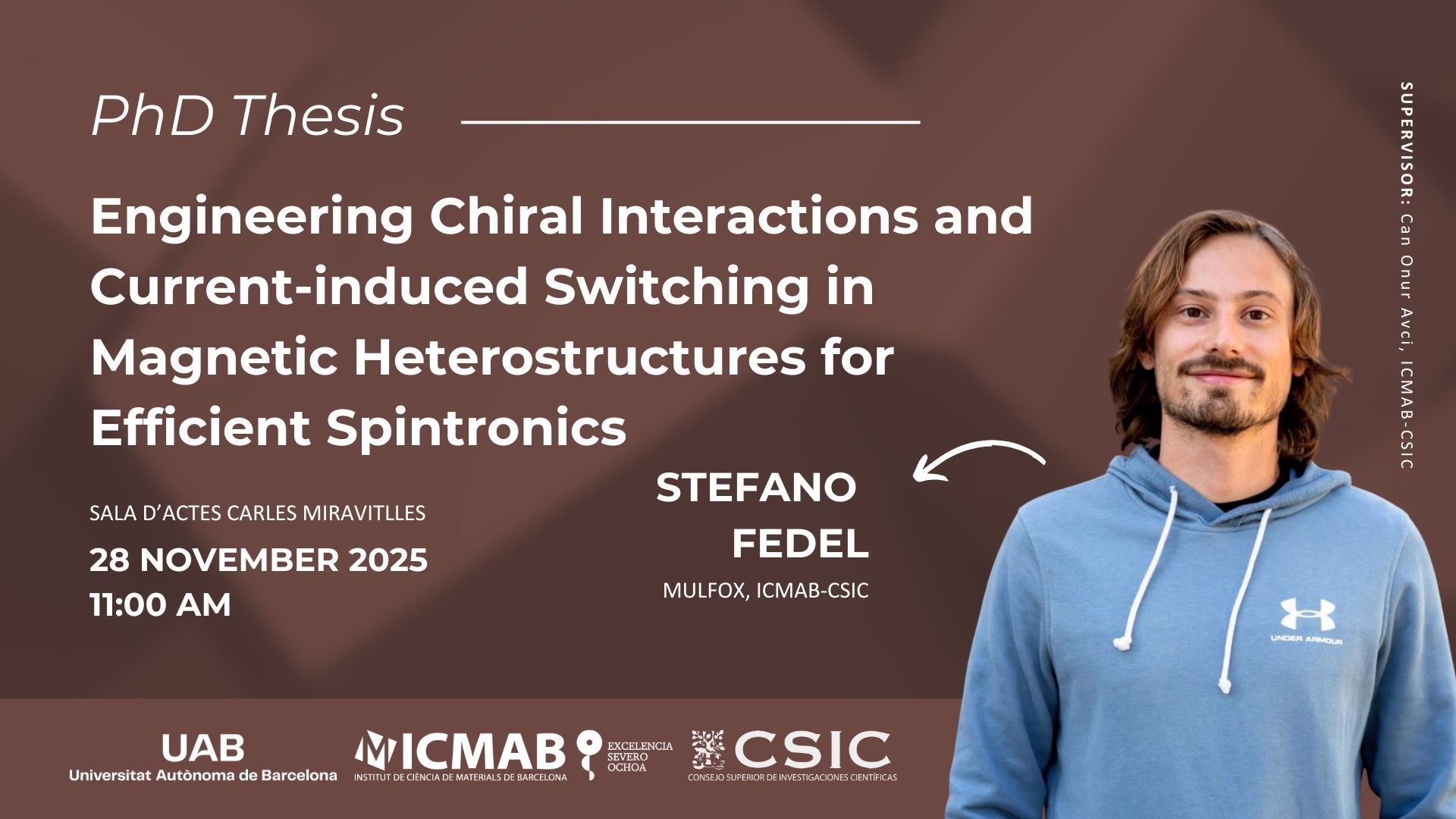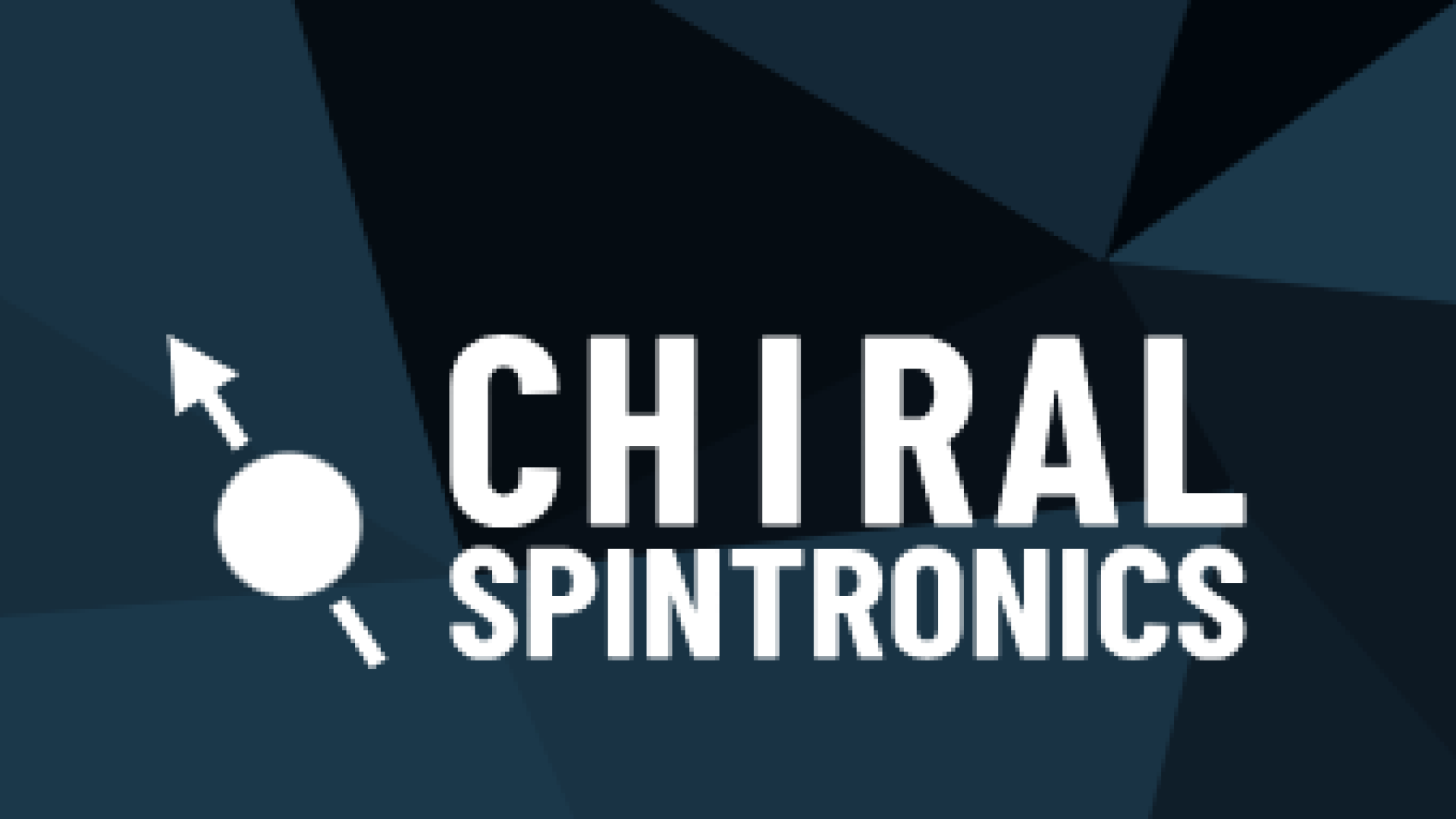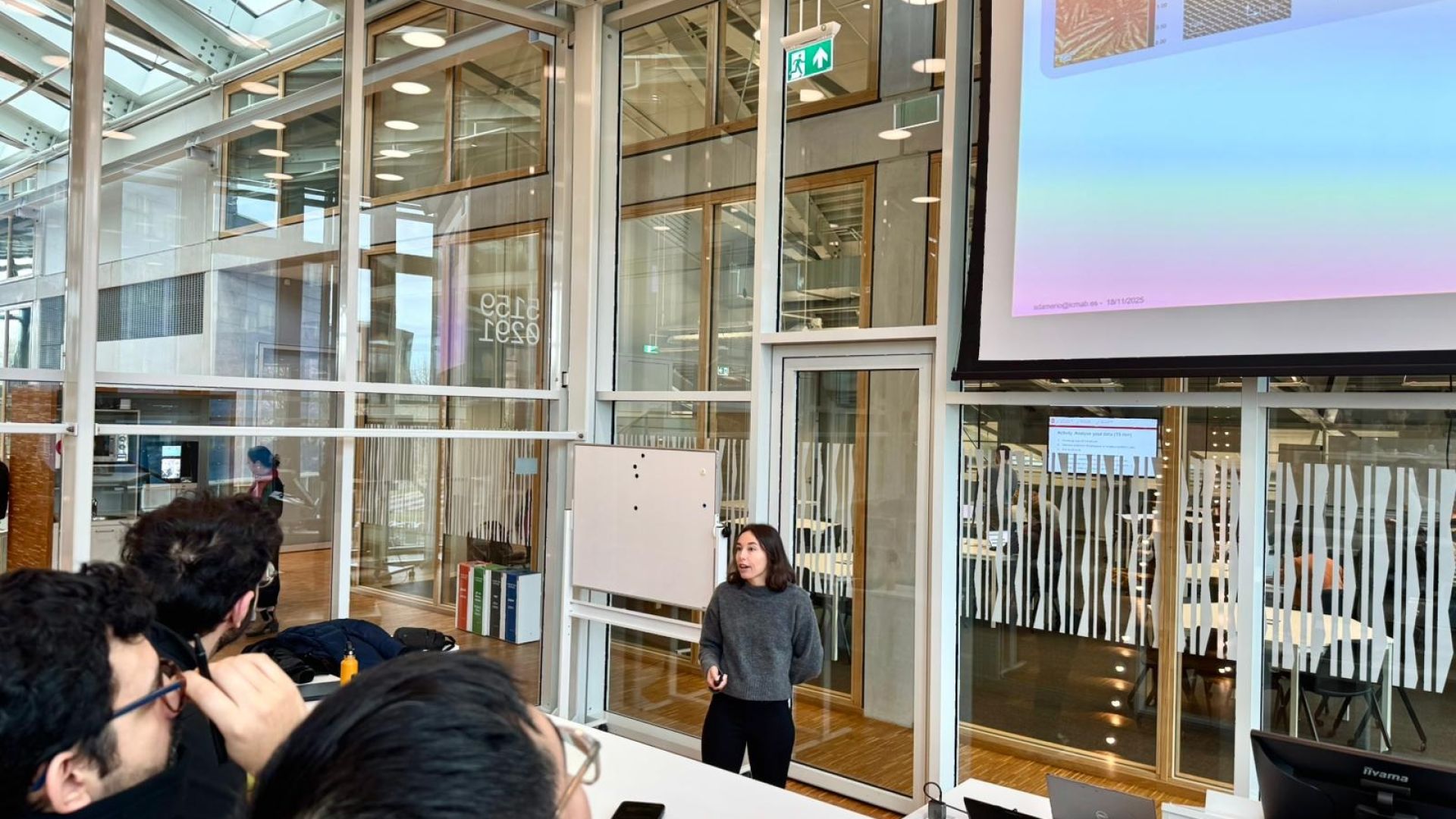News
Three new MSCA PF will continue their research carrer at ICMAB

Muhammad Ahsan Saeed will work on indoor organic photovoltaics, Silvia Damerio on spintronic devices and Daniel Martin on organic electronic devices. The Marie Sklodowska Curie (MSCA) Postdoctoral Fellowships (PF) 2022 call results were announced by the European Commission in February 2023. The call will facilitate the incorporation of 1,235 experienced postdoctoral researchers to R+D institutions (research centers, universities, private and public organisation and small and medium-sized enterprises), 177of them in Spain, 31 of them at the CSIC, and 3 of them here at ICMAB.
In total, 7,044 proposals were submitted to the call, which had a budget of 257 M€. The projects selected for funding (1,235) represented 17.5 % of the proposals.
Female applicants represent 43 % of the awardees. Selected applicants represent nearly 80 nationalities and will work across 48 countries in Europe and the rest of the world.
The MSCA PF call finances the hiring of research personnel of any nationality who have a maximum of 8 years of research experience and who wish to acquire new skills through advanced training and international, interdisciplinary and intersectorial mobility.
Let's meet the researchers that will start the MSCA PF project at ICMAB.
Silvia Damerio
Silvia Damerio will work on the SpinDy project "Dynamical control of Spintronic devices through solid-state gating" from September 2023 with researcher Can Onur Avci, at the MULFOX group.
"The main goal of the SpinDy project is to develop innovative spintronic devices with enhanced performances in terms of energy efficiency and stability thanks to their tunable nature. The basic concept behind our proposed approach is to use solid-state gating to act on the device structure during operation and thus tune its functionality dynamically. We will implement this in two ways: by achieving voltage control of orbital currents in transition metals and by exploiting magneto-ionic materials. At the end of the project, we aim to demonstrate proof-of-principle dynamical spintronic devices that can act as memory or for logic operations" explains Damerio.
When asked why she chose ICMAB to come, Silvia Damerio answers that "ICMAB is the ideal place to carry out this research project, as it offers a complete range of scientific and technical services, including the NANOQUIM cleanroom platform, where I will be able to develop materials, fabricate devices and characterize them with state-of-the-art instruments and techniques. I am also very glad to have the opportunity to work next to the researchers of the host group MULFOX and learn from their expertise in materials science and spintronics. Finally, I think that ICMAB's dynamic environment with seminars, symposia and international visitors will be highly stimulating and offer ample opportunities for networking".
"Differently form other grants, the MSCA programme will not only give me an unique opportunity to carry out my own research project, but also to focus on my scientific and professional development. I think that the skills that I will acquire in these years will be highly beneficial throughout my whole career".
Muhammad Ahsan Saeed
Muhammad Ahsan Saeed will work on the HOPES project "High-throughput Optimization for Indoor Organic Photovoltaic Energy Systems" with researcher Mariano Campoy-Quiles, at the NANOPTO group, starting in November 2023.
"I am incredibly privileged to receive a prestigious MSCA PF. I’ll join the “Nanostructured Materials for Optoelectronics and Energy Harvesting” (NANOPTO) research group" and for the next two years, I’ll work with Prof. Mariano Campoy-Quiles on emerging photovoltaic technology. I have done my Ph.D. degree in Microelectronics Engineering from Dongguk University, South Korea. My research is focused on the development of indoor organic photovoltaic systems for the Internet-of-Things (IoT) ecosystem.
During the fellowship period, I would like to develop a highly-efficient low-cost indoor organic photovoltaic (OPV) system by combining high-throughput optimization techniques with a tunable light source. Although the indoor efficiency of ~31% has been achieved, with the limitations of conventional techniques in terms of time, money, and human workforce, there is a probability of an attempted optimization gap. High-throughput optimization has the advantages of accelerating photovoltaic materials discovery and device optimization with the minimum number of resources and time at an unbeaten pace leading to cost and time-effectiveness. HOPES will focus on breaking the indoor efficiency barrier of OPVs.
ICMAB-CSIC is a multidisciplinary research center focused on cutting-edge research in functional advanced materials in the fields of energy, nanotechnology, and electronics. The Institute is equipped with state-of-the-art equipment and a strong collaboration with the attractive institutional environment offered by the Universitat Autònoma de Barcelona (UAB) Campus.
Being a prestigious MSCA holder is both an exhilarating and quite demanding task. MSCA offers excellent opportunities to learn new techniques and methods, to adapt to a multicultural environment, and particularly to build a network with top scientists and researchers around the world. The fellowship provides a platform to pursue cutting-edge, well-planned, and original research at the top EU institutes. It intrigues your curiosity, allows you to live your passion, and apprehend state-of-the-art knowledge. This, nevertheless, is simply the beginning, for I desire to attain much more" says Muhammad Ahsan Saeed.
Daniel Martin
Daniel Martin will work on the TORNADE project "Atomic Force Microscopy to Optimize the Fabrication Processes of Organic Electronic Device" with researcher Carmen Ocal, in the SURFACES group, starting from September 2023.
"The project has two main objectives. The first objective is to establish atomic force microscopy techniques to characterize with high resolution anisotropic organic layers for the production of more efficient organic electronic devices. The second objective aims to optimize the fabrication methods to originate organic films with a more controllable domain distribution and enhanced electronic properties.
ICMAB is a "Severo Ochoa" Center of Excellence that is integrated into the Barcelona Nanotechnology Cluster Bellaterra (BNC-b). BNC-b offers scientific services, outreach activities and lectures by recognized researchers, which allow me to be updated on the latest scientific advances. In addition, ICMAB belongs to CSIC, which provides researchers with a great set of logistical and scientific resources (access to research articles, libraries and repositories, patent offices, training courses). Therefore, I can develop my work at ICMAB with tremendous efficiency. In addition to the institutional resources, an added value is the people working at ICMAB. My supervisor at MSCA, Prof. Carmen Ocal, has proven an enormous capability to supervise this project and guide me in my research career. In my short time at ICMAB, I have met other researchers, such as Esther Barrena, Núria Aliaga, Rosella Zaffino and Leonardo Scarabelli, who have always been willing to help and establish collaborations. Administration and Technical support have always been efficient, helpful and kind.
I think that MSCA programme is a highly prestigious programme. In my opinion, it is the most important European fellowship for young postdoctoral researchers who want to consolidate their research careers. I know of only a few people who have been granted it and they are scientists whom I greatly admire. I feel very privileged to have been granted the MSCA fellowship" says Daniel Martin.
Congratulations to the three of you! And welcome to ICMAB!




